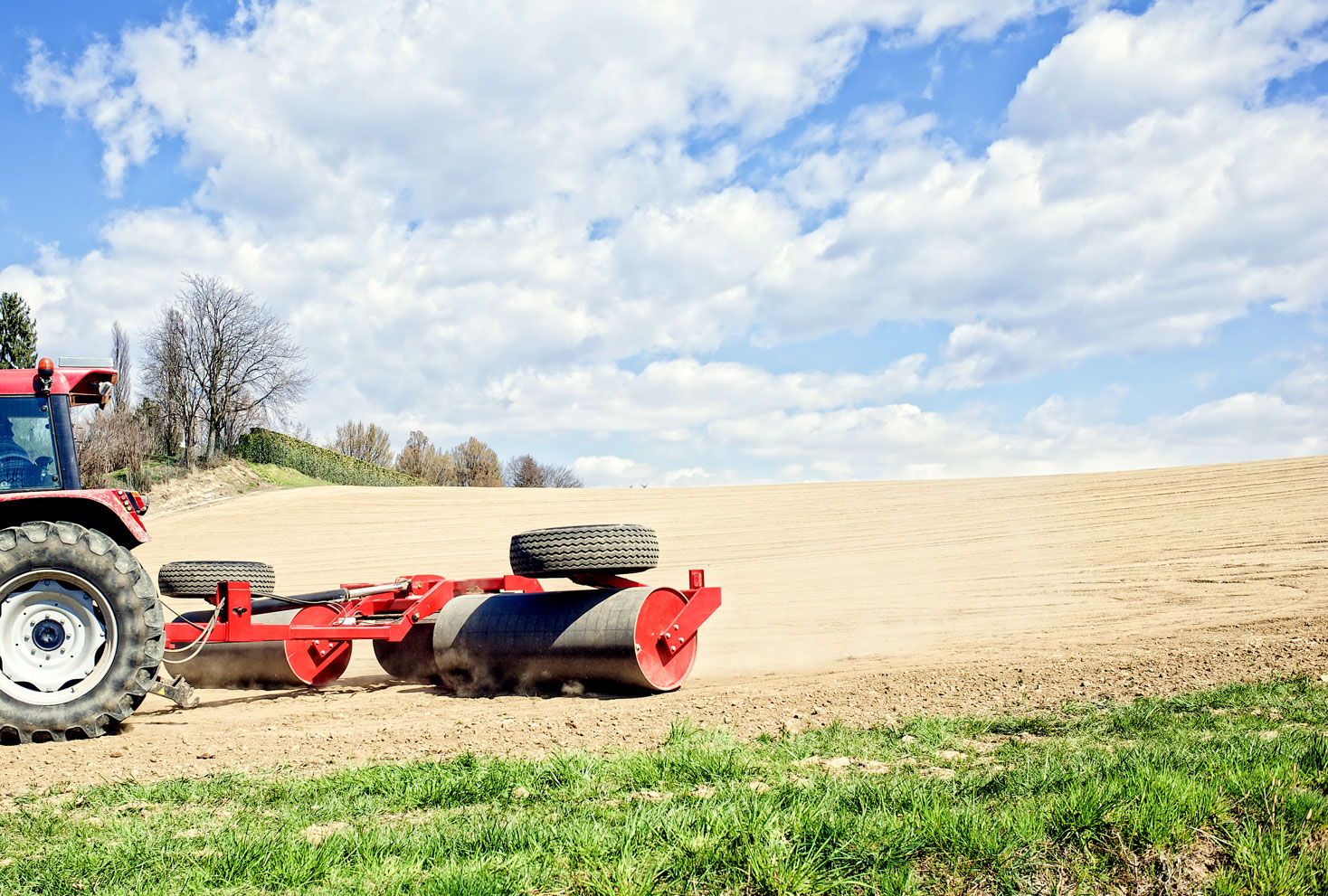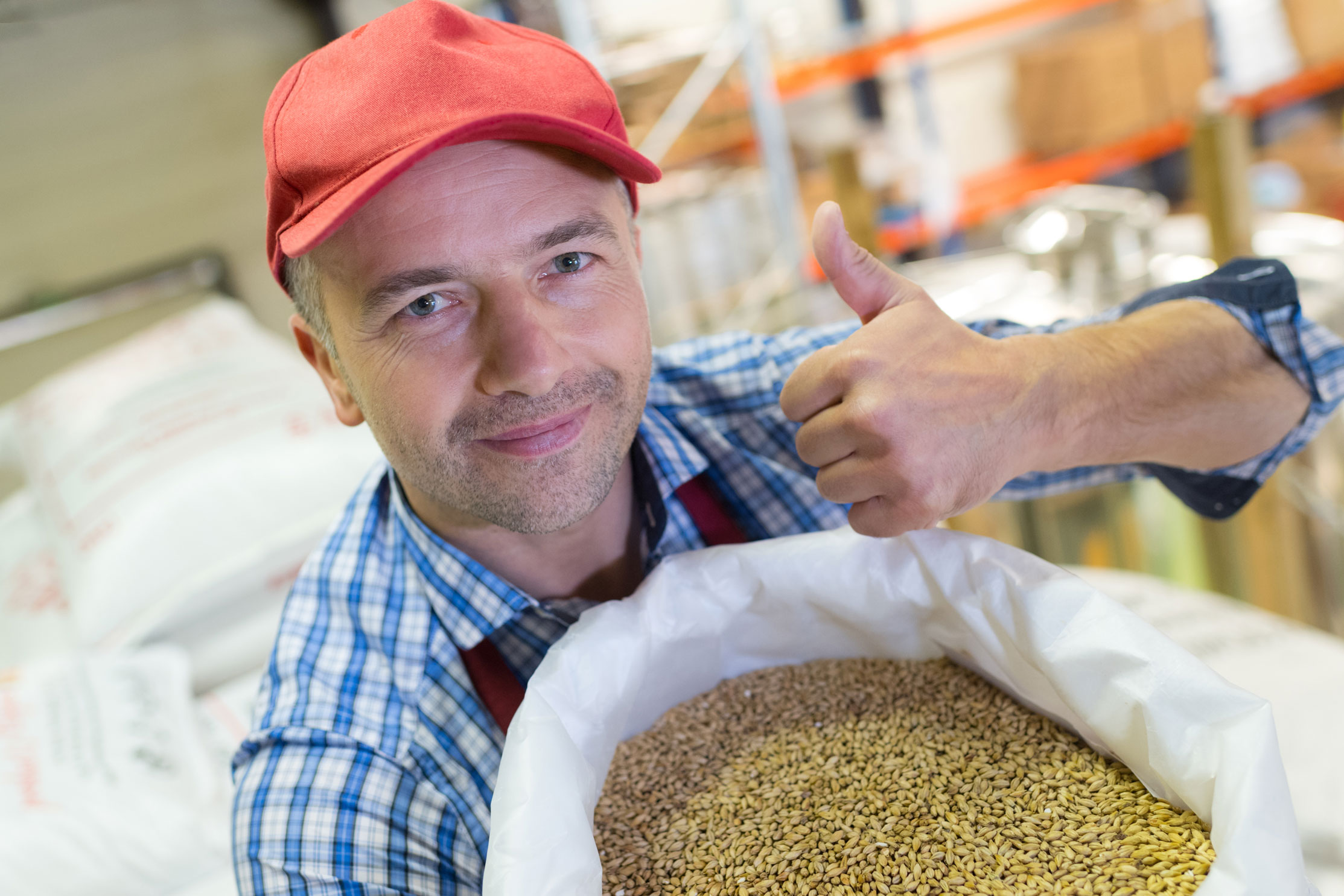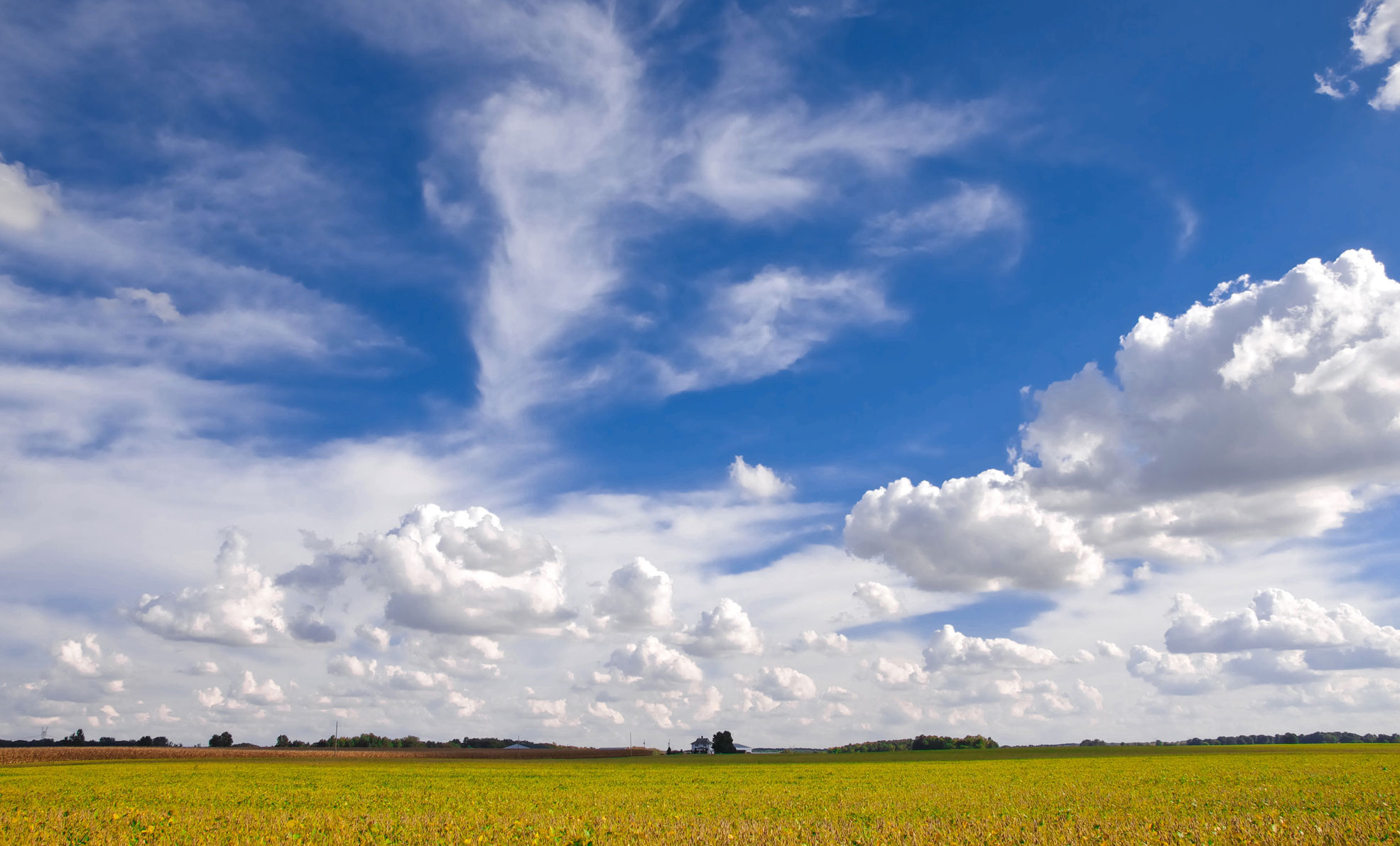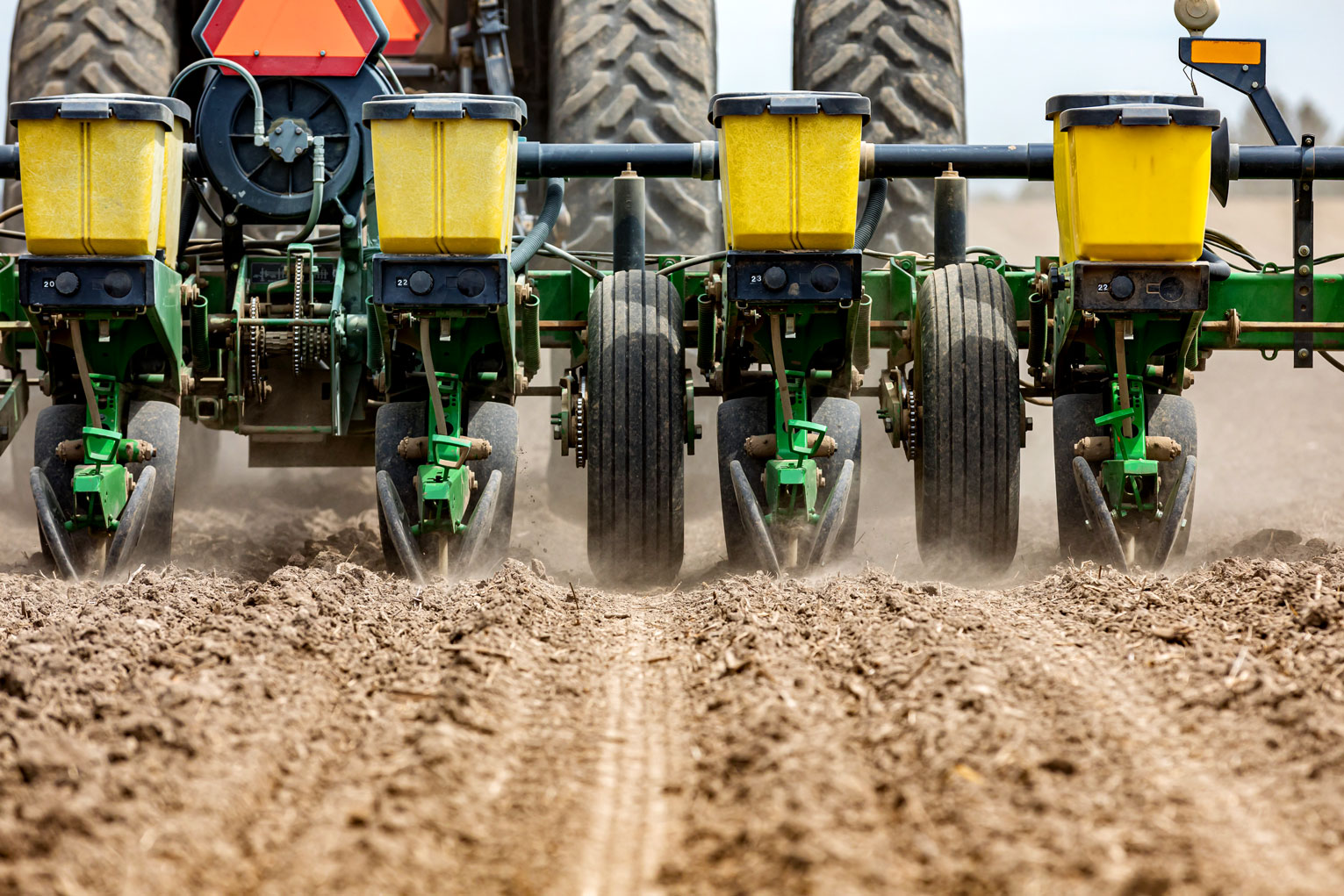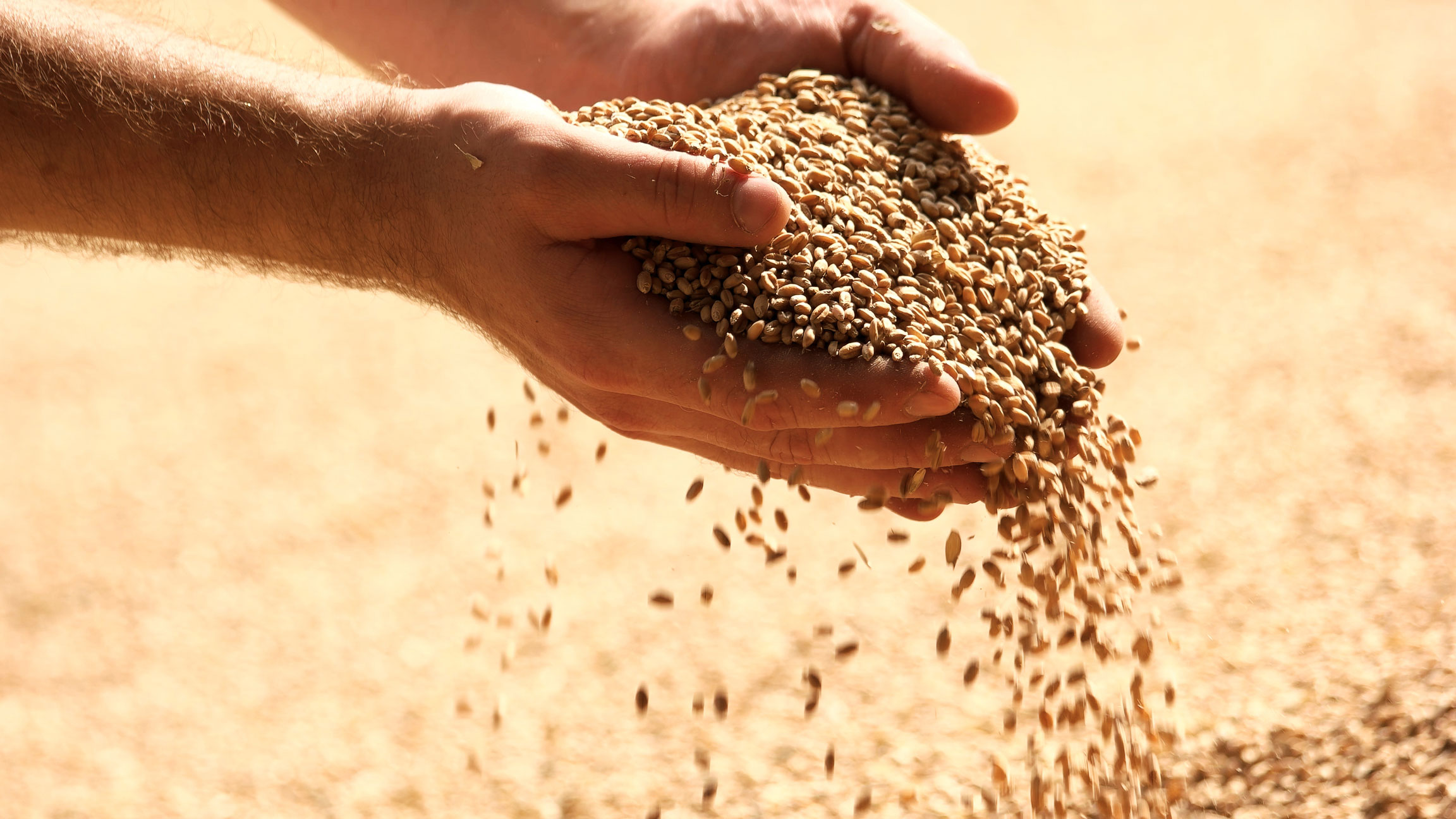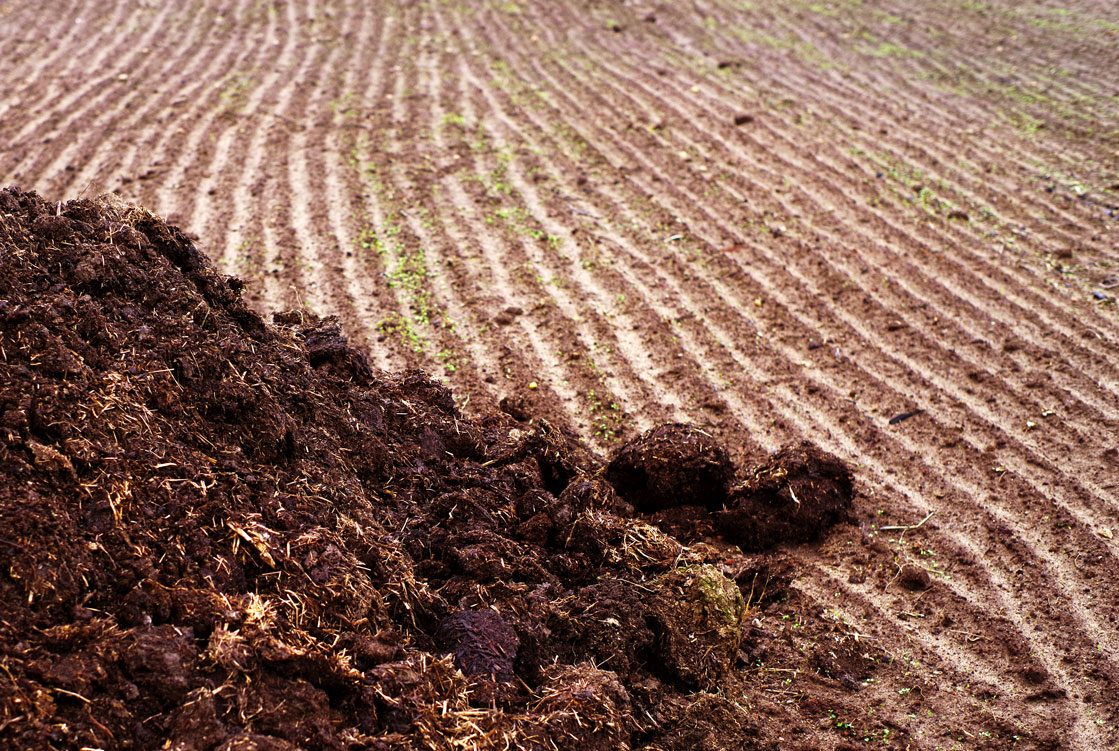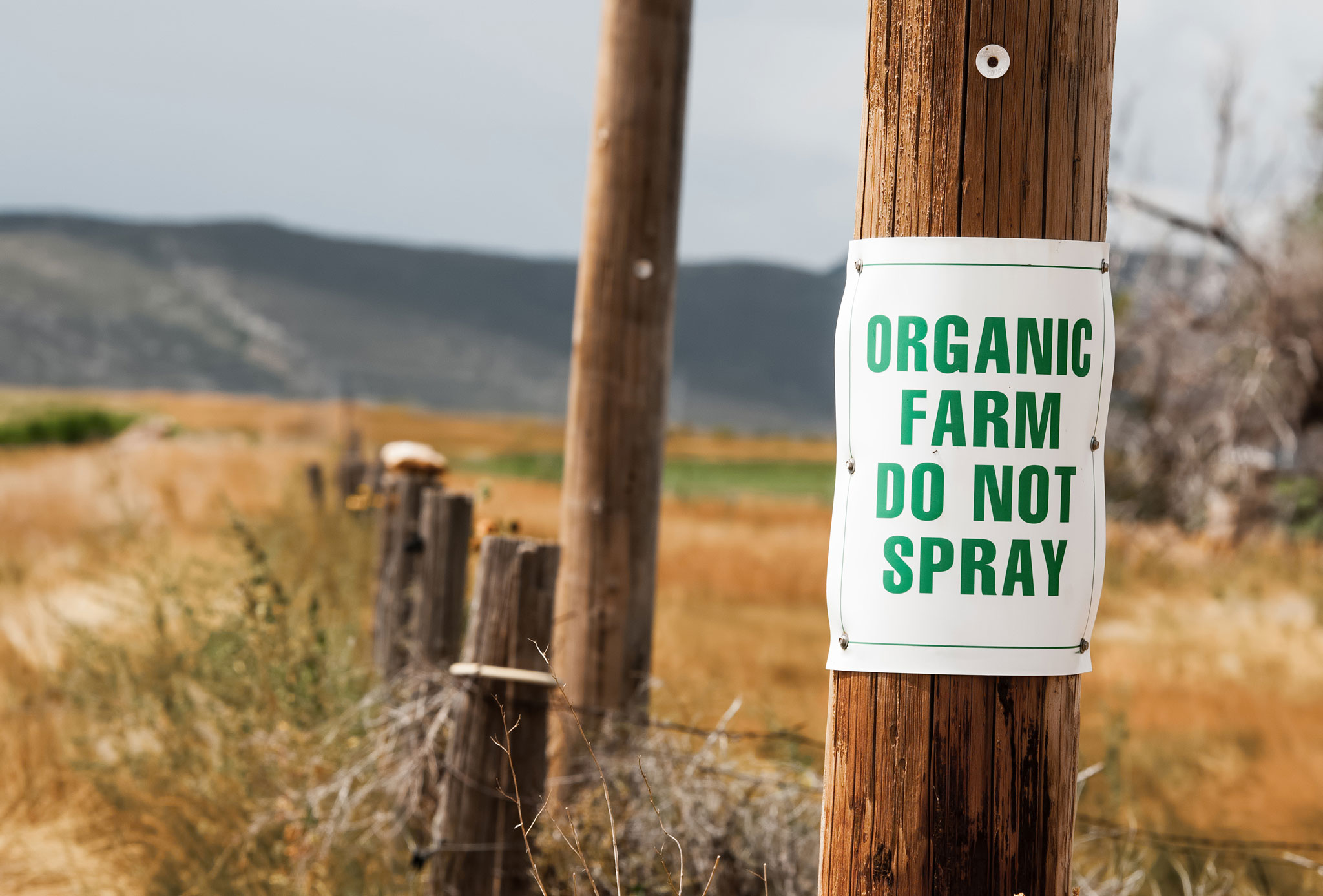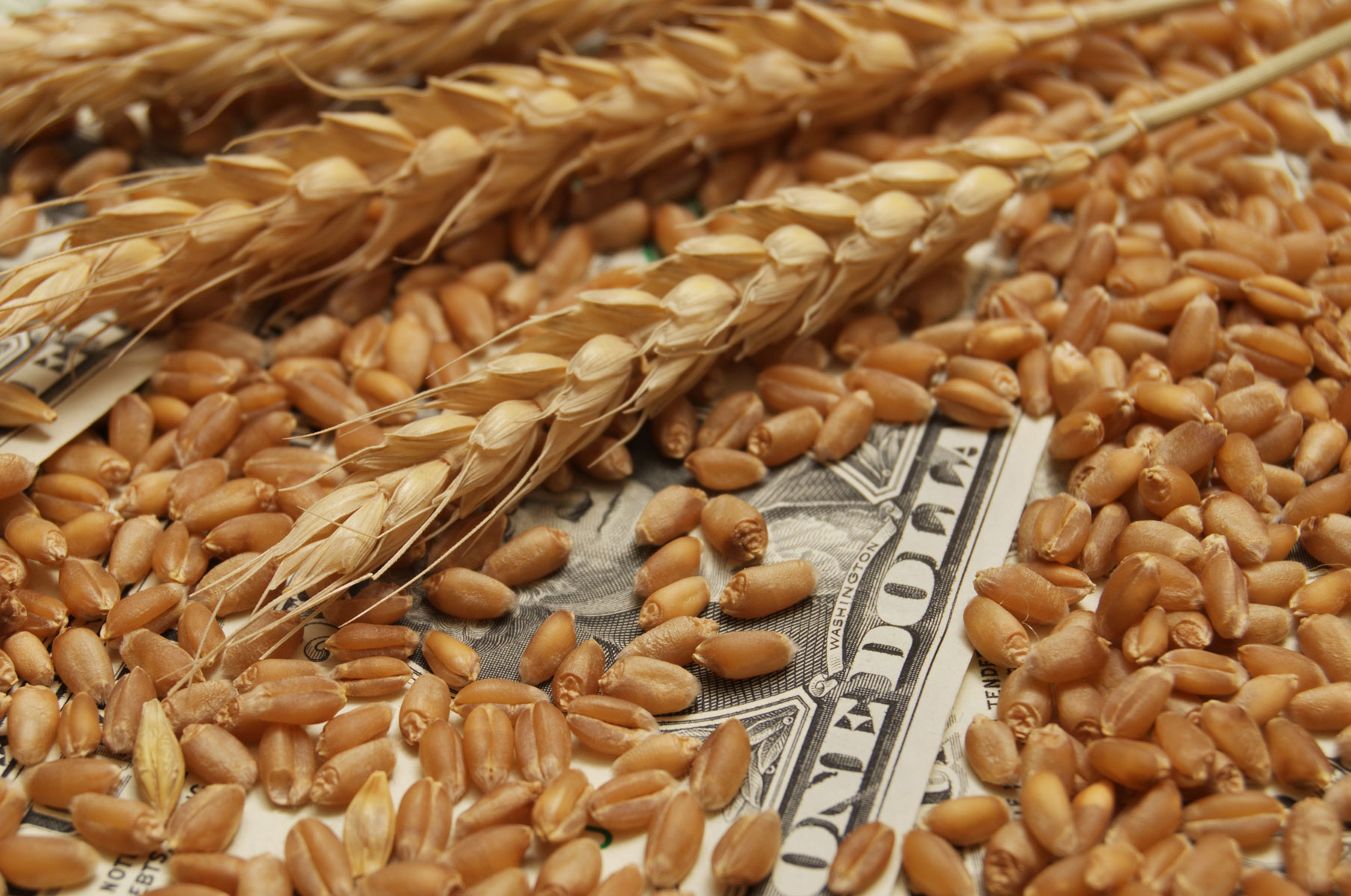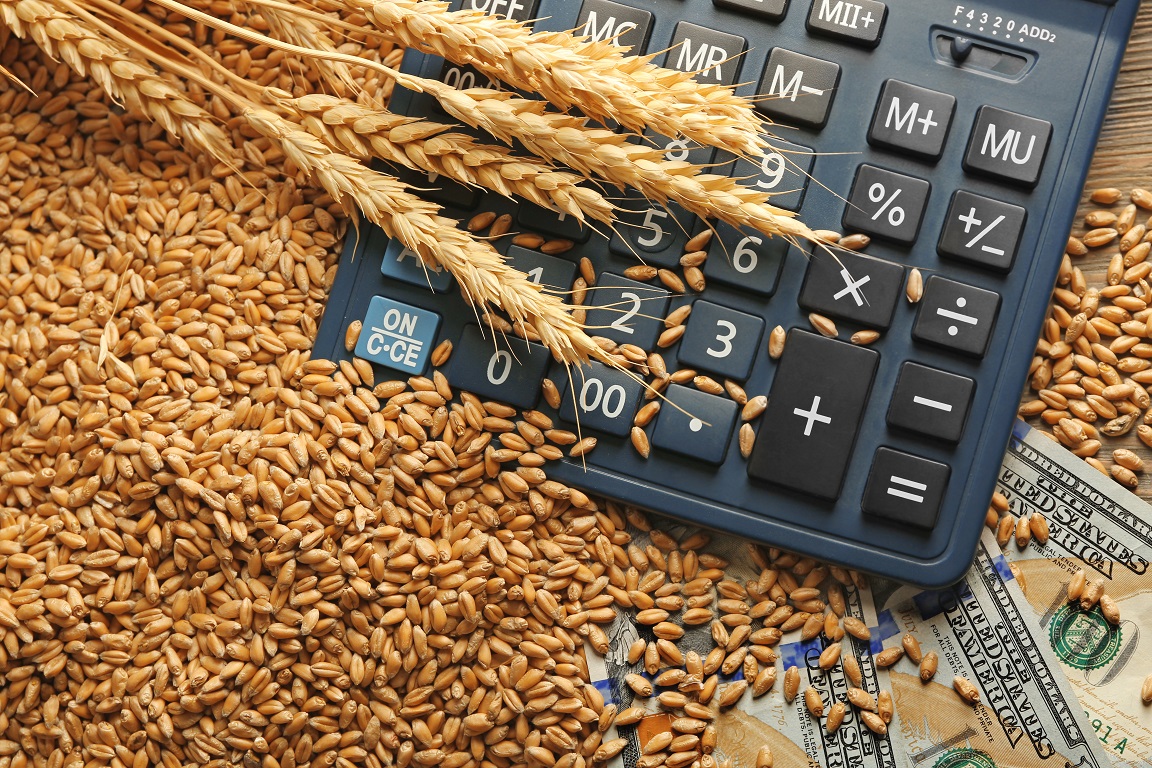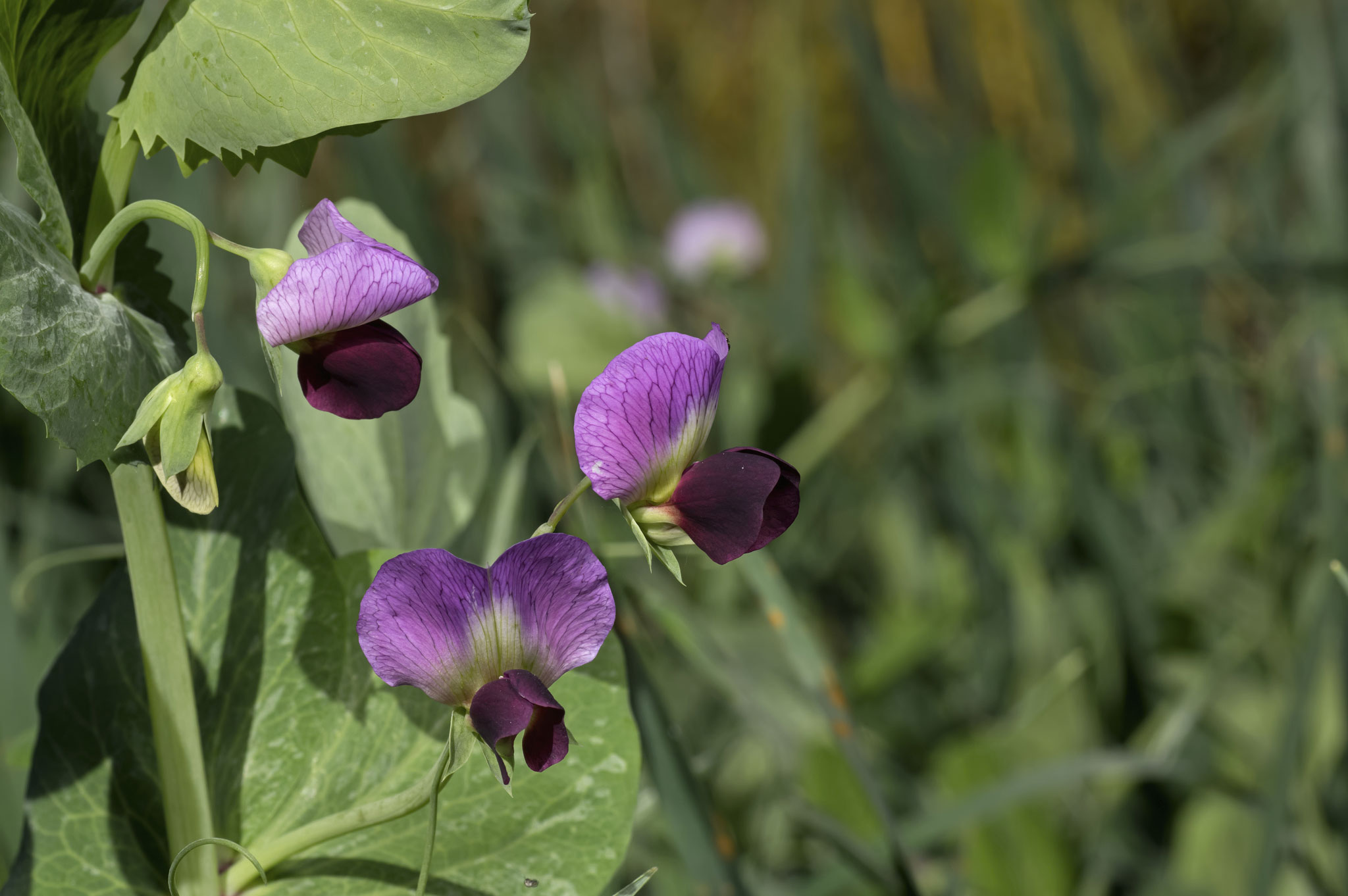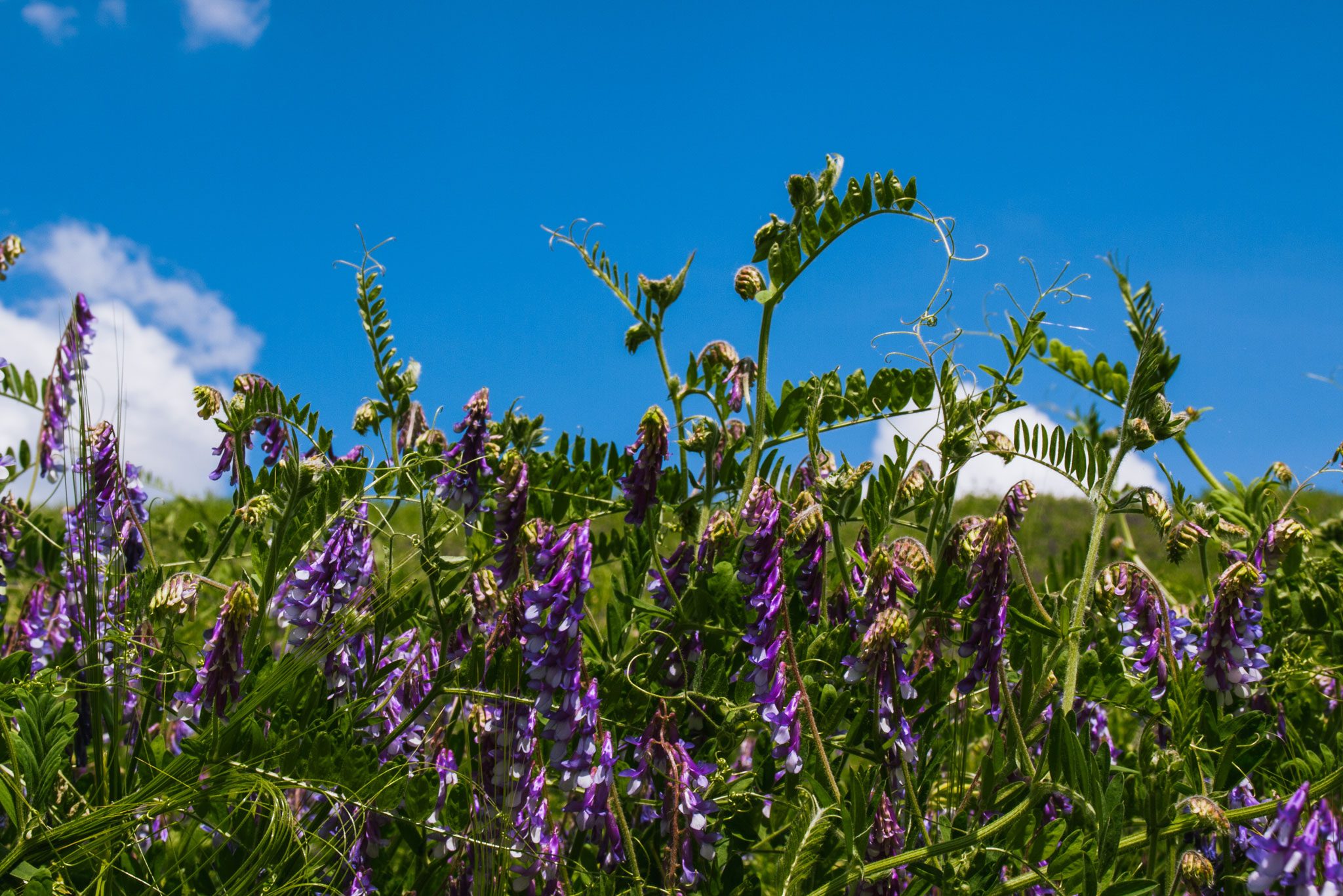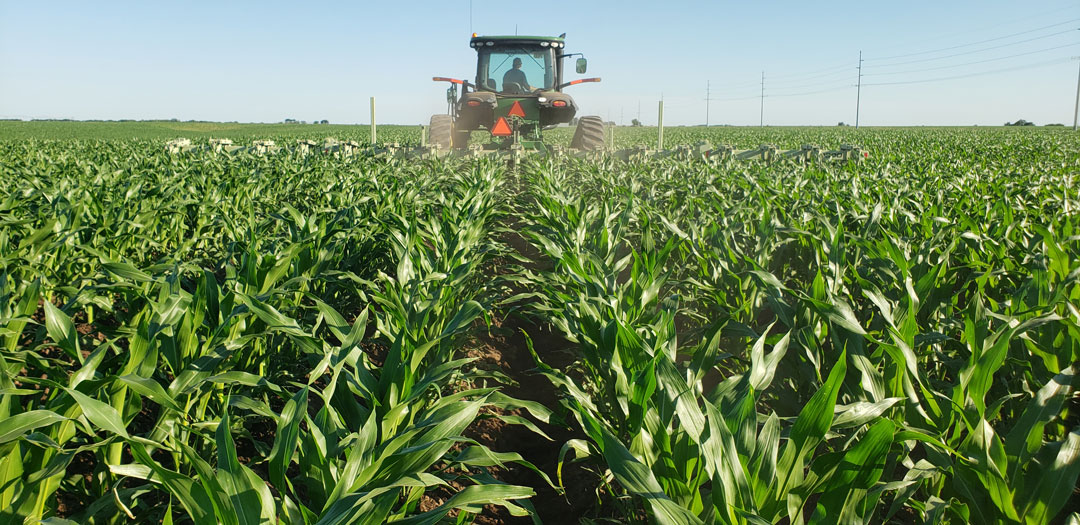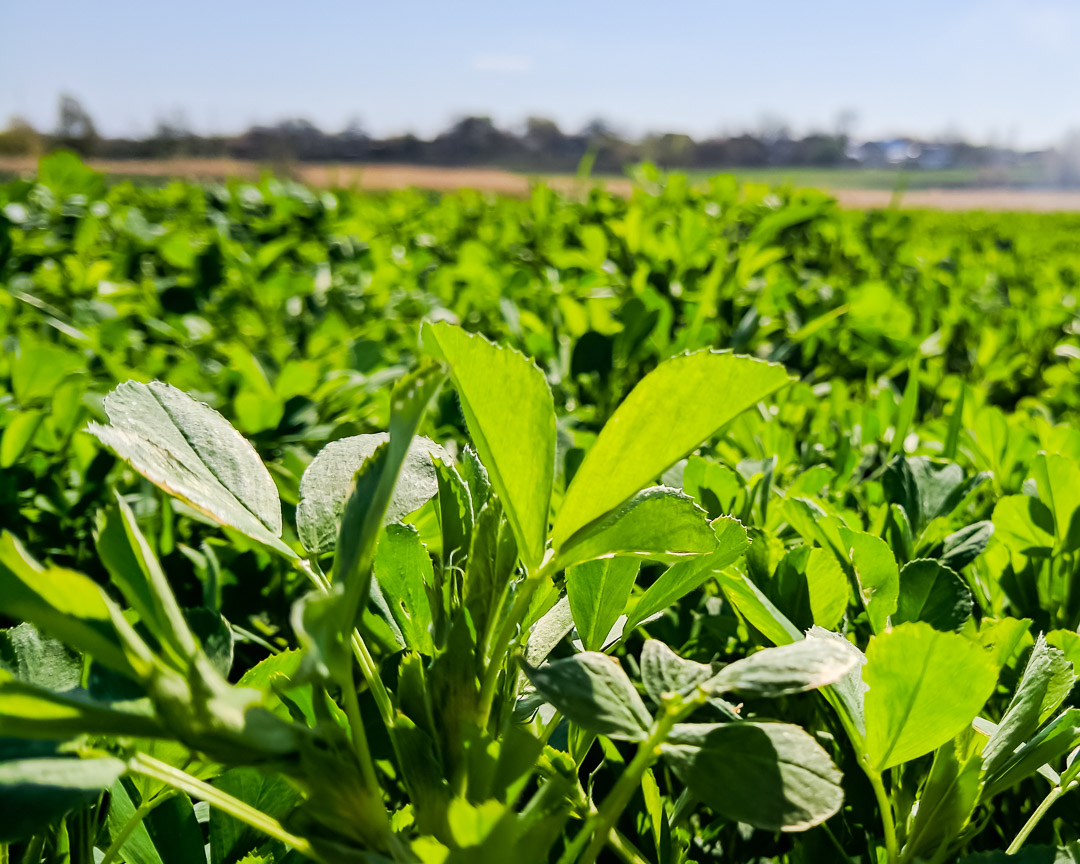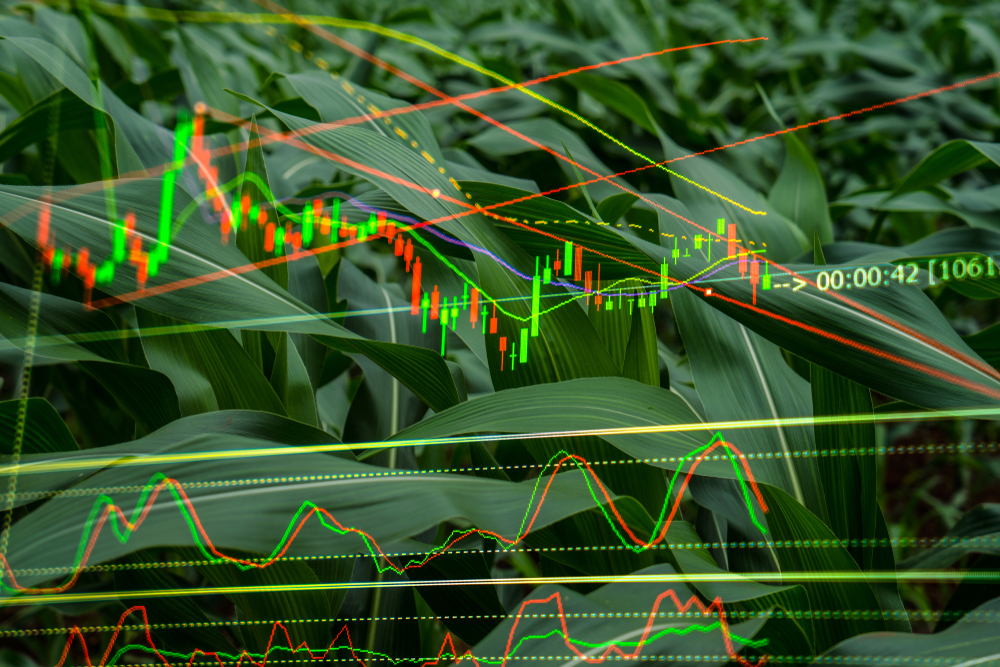Latest News
-
6 Tips for Buying Organic Farm Equipment
Profit potential is a compelling reasons farmers go organic. But even though price premiums are high, it’s still possible to end up in a financial hole. How could that happen? One of the most common reasons is overspending on organic farm equipment. Investing too much in organic farm equipment, too soon Good news: you have […]
-
Organic Specialty Markets Offer Farm Diversity and Profit
Financial investors know it’s smart to diversify assets. It helps protect against volatility and reduce risk – and this same advice holds true for farming. Diversifying your operation with organic specialty markets can help increase or stabilize your bottom line. If you have organic acres, you’re already serving a niche market, and that puts you […]
-
Beginning Row Crop Farm Quickly Expands Organic Acres
Growing up in a rural community and working on family members’ farms, Nick Casey always wanted his own operation. But it seemed almost impossible to get into farming without being grandfathered in. Especially in central Illinois, where farms are typically 2,000 to 4,000 acres in size. “I didn’t have the cash to buy a farm […]
-
Organic Planting Dates: Sometimes Starting Later is Better
If you’re an organic farmer, what are the ideal organic planting dates? Most conventional farmers are primed to plant early because it often maximizes yield potential. Seed treatments can protect against cooler soil temperatures and herbicides can deal with weeds. But organic farmers have to tackle these problems with other means. We have to think […]
-
Certified Organic Seed: How to Evaluate and Choose Varieties
It’s never too soon to think about your certified organic seed selections. That’s especially true if you want a popular variety. Wait too long and it could sell out, says Scott Ausborn. Scott has worked in the organic seed market since 2008. And he’s currently a regional sales manager in the Northern Corn Belt for […]
-
Imports Have an Impact on Organic Crop Prices: Here’s Why
Organic soybean prices are skyrocketing. The Jacobsen reported that prices were up to $32 per bushel in the Midwest in May 2021. What’s behind this impact on organic crop prices? And why aren’t organic corn premiums keeping up? In short: it’s all about supply and demand, especially imports, says David Becker. David is an analyst […]
-
How to Create a Cost Effective Organic Fertility Program
If you’re paying attention to the conventional markets, you know crop prices are rising. And when that happens, the price of organic fertilizer — especially organic manure — goes up with it. How will this impact your organic fertility program? It’s a challenge that Scott Niemela understands first-hand. He’s an organic farmer and also the […]
-
Preventing Pesticide Drift (And What to Do if it Happens)
Every year organic farmers hear about unwanted chemicals drifting from one field to another and damaging crops. But how concerned do you need to be about preventing pesticide drift? Unfortunately, pesticides drifting onto your organic farm is a real possibility. And the consequences can be significant. You’re at risk of crop damage, income loss, and […]
-
Make Your Organic Transition Period a Smart Investment
To become an organic farmer, you need to complete the organic transition period. Unfortunately, that’s a financial barrier for many farmers. Why? Because unless you have some hidden acres, you’re growing crops organically for 36 months while selling them at commodity prices. But with the right loan, plan, and mindset, you can use this time […]
-
New Options Offer Farm Loans for Organic Transition
If securing farm loans for organic transition feels daunting, we have some good news. It’s not as hard as it used to be. In fact, there’s a number of new options that could provide a solution for you and your operation. Traditional lenders, farmland investors, non-profits, and even big food companies are starting to create […]
-
Organic Farming Loans Support Growers during Transition
Ask a farmer what’s keeping them from transitioning to organic row crops, and you may be surprised to hear a common answer. Finances. It’s often a struggle to find organic farming loans tailored to their needs. Yes, organics offer excellent premiums and can bring long-term profitability. But first you have to get through the 36-month […]
-
Robotic Farming Tackles Weeds and Reduces Costs
Organic farmers know the best defense against weeds is to play offense. You need a game plan that keeps weeds from going to seed and emerging. Enter robotic farming. Robots solves organic weed control challenges Two of the key practices currently used for weed prevention are cover crops and tillage. A good cover crop stand […]
-
Organic Cover Crop Seed Improves Profits and Soil Health
The Raikes’ are transitioning as many row crop acres of their family farm into organics as possible. And they’ve seen such remarkable economic and soil health benefits with cover crops on those fields that they’ve decided to launch a new business, Nebraska Cover Crop, too. Justin Raikes, a fifth generation farmer in Nebraska, shares his […]
-
Autonomous Farm Equipment Solves Organic Labor and Time Challenges
Ask an organic farmer about their biggest challenges and labor and time crunches are likely to be at the top. But autonomous farm equipment may soon be an option to help solve those issues. And help growers be more efficient in their operations, too. That’s what Craig Rupp, founder and CEO of Sabanto, has seen […]
-
3 Smart Reasons to Transition with Alfalfa
We put a lot of emphasis on the transition period with organic row crops. After all, a smart transition will set you up for long term success. But a poor one? That could result in out-of-control weeds, depletion of your soil’s nutrients, and a tough road to profitability. Luckily, an organic transition with alfalfa can […]
-
Organic Breakevens: What to Know and How to Calculate
If you’re thinking about organics, you’ve probably debated whether it’s going to pay off — literally. Yes, the price premiums are good, but you’ve heard your yields will take a hit. How can you predict profitability? The answer: calculating your organic breakevens. What are an organic breakevens? Simply put, it’s a way to calculate what […]
-
Sustainable Success with Organic Row Crops
Zero tillage. Continuous cover. Rotational grazing. Several farming practices are regenerative in nature. But when it comes to the economics of sustainable success in agriculture, organics remains one of the strongest. Premiums for organic corn and soybeans have more than doubled their conventional counterparts’ prices over the last decade. This is hanks to high consumer […]
-
Organic Rye Key to Distillery’s Prohibition Era Spirits
In Carroll County, Iowa — home of the original Templeton rye — a distillery teamed up with a local organic farm to revive its Prohibition past. The story of Iowa Legendary Rye dates back to the Great Depression. That’s when Lorine Sextro and her family housed a bootlegger in the attic on their Carroll County […]
-
Cover Crops Bring Big Benefits to Organic Farms
We always stress the importance of a diverse crop rotation to achieve long-term organic success. But what if market opportunities for organic crops in your area are limited? How can you diversify your rotation with just a few cash crops? Answer: Cover crops. Even though you don’t sell them like cash crops, they can still […]
-
Organic Integrity: New Rules to Strengthen Organic Enforcement
Strengthening Organic Enforcement. Or SOE, for short. If you’re an organic farmer or in transition, chances are you’ve heard of it. But what does it all mean? In a lot of ways, it’s just like it sounds. SOE is a rule that gives regulators more oversight of organic production practices. As a result, it provides […]
-
Know Your Numbers to Push Crop Profitability
Yield is often the top priority in farming. The truth, though, is that the highest yields will not necessarily result in the highest ROI. And this is especially the case for organic production. We know good execution results in the best yields, but the best way to maximize your crop profitability is to know your […]
-
Organic Crop Plans: Don’t Farm Without Them
Don’t make the one mistake common to all failed organic operations.That is, farming without a detailed and pressure tested crop plan. Let’s be honest. It wasn’t so long ago that organic corn was selling for $12/bushel. Even if farmers made bad decisions, high prices hid their errors and oversights. Markets change, though, and we can […]
-
5 Steps for a Strong Transition to Organic Farming
Is your family farm struggling to stay profitable? Are you worried the only way to stay in business is to increase your acreage? It’s time to put your worries aside. You can transition to organic row crop farming and take control of your profits. With organics, you can improve your farm’s bottom line. You won’t […]
-
6 Ways to Protect Organic Profits in Uncertain Times
Economic uncertainty hits all sectors of the agriculture industry, including organics. The good news? It’s possible to safeguard your organic profits. For a start, it’s even more important for organic farmers to focus on executing their operations really well. The better the execution, the better you can weather the market conditions and remain profitable. Here […]
-
Organic Certification. Done by Sep 2020. Check!
The pandemic turned “normal” upside down in 2020, but it didn’t stop AgriSecure. Our members got their organic certification completed. On time. COVID-19 caused communication delays. It created confusion across the nation. Still, all our members had their organic certification paperwork done by September. Why? For one, row crop farmers gained from our expertise in […]
Don’t Miss An Update
Sign up for our newsletter and receive the latest industry updates & insights
